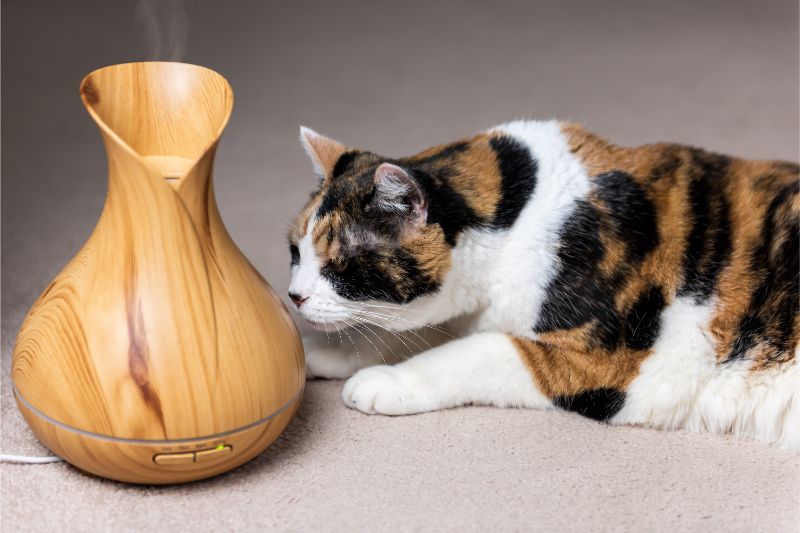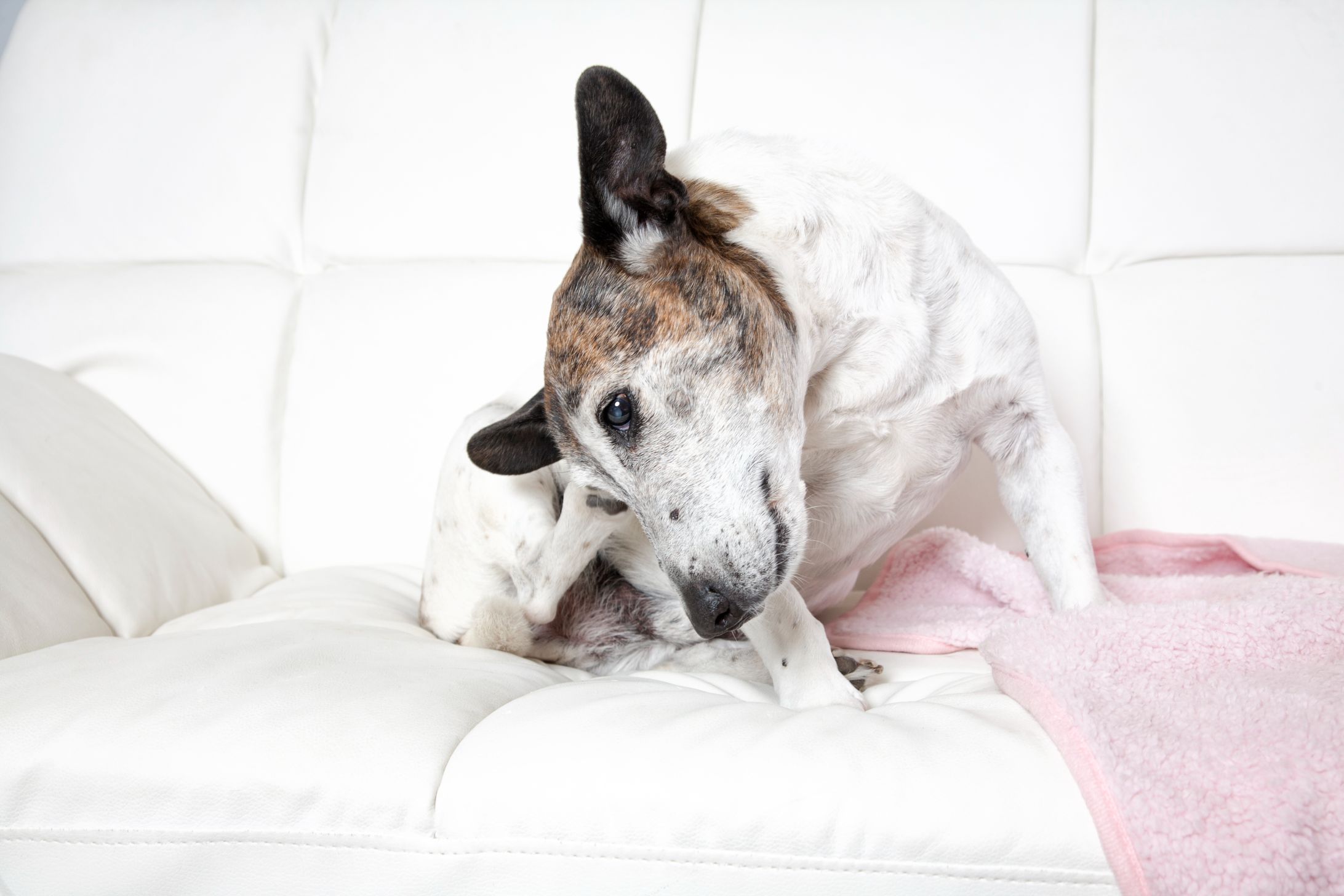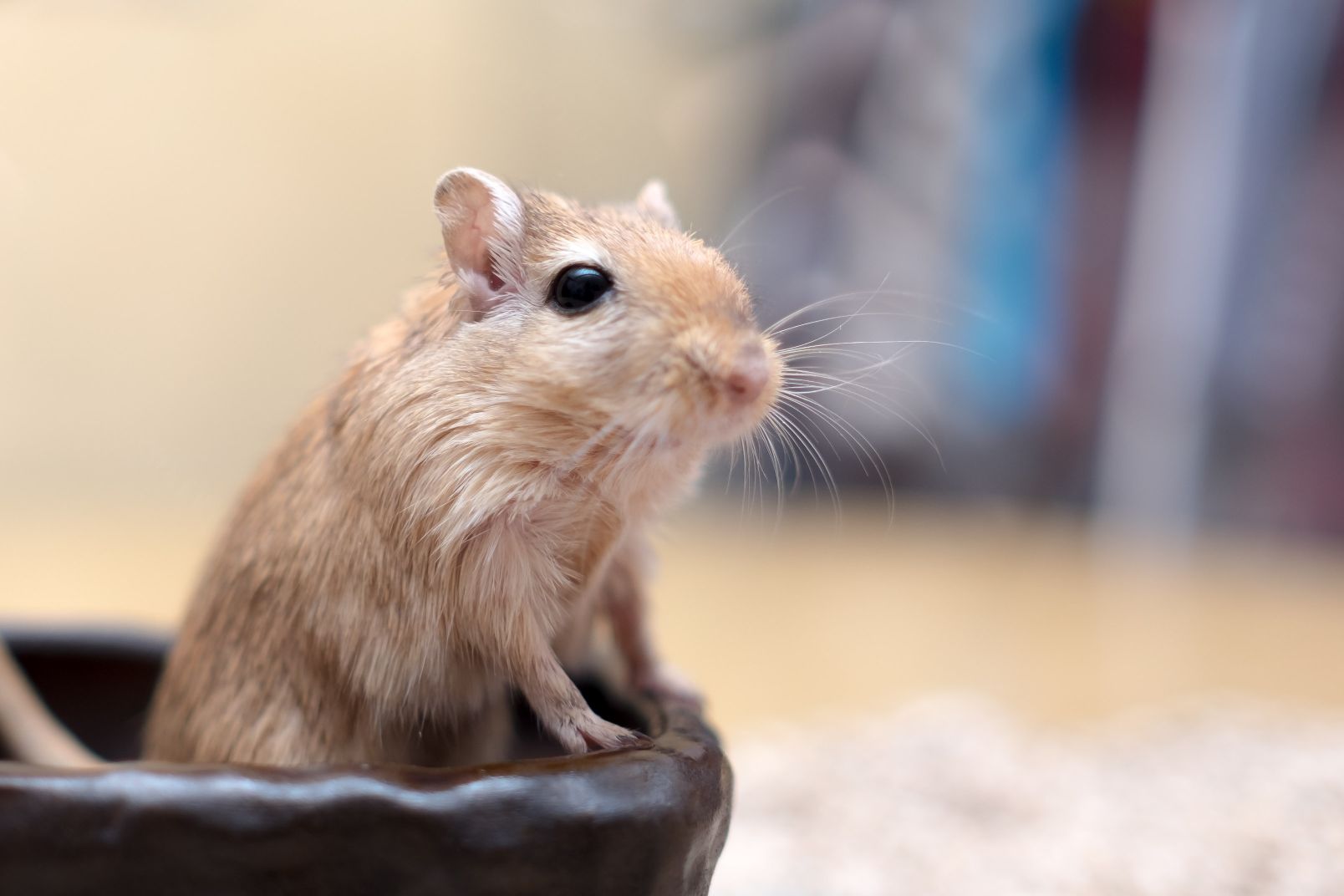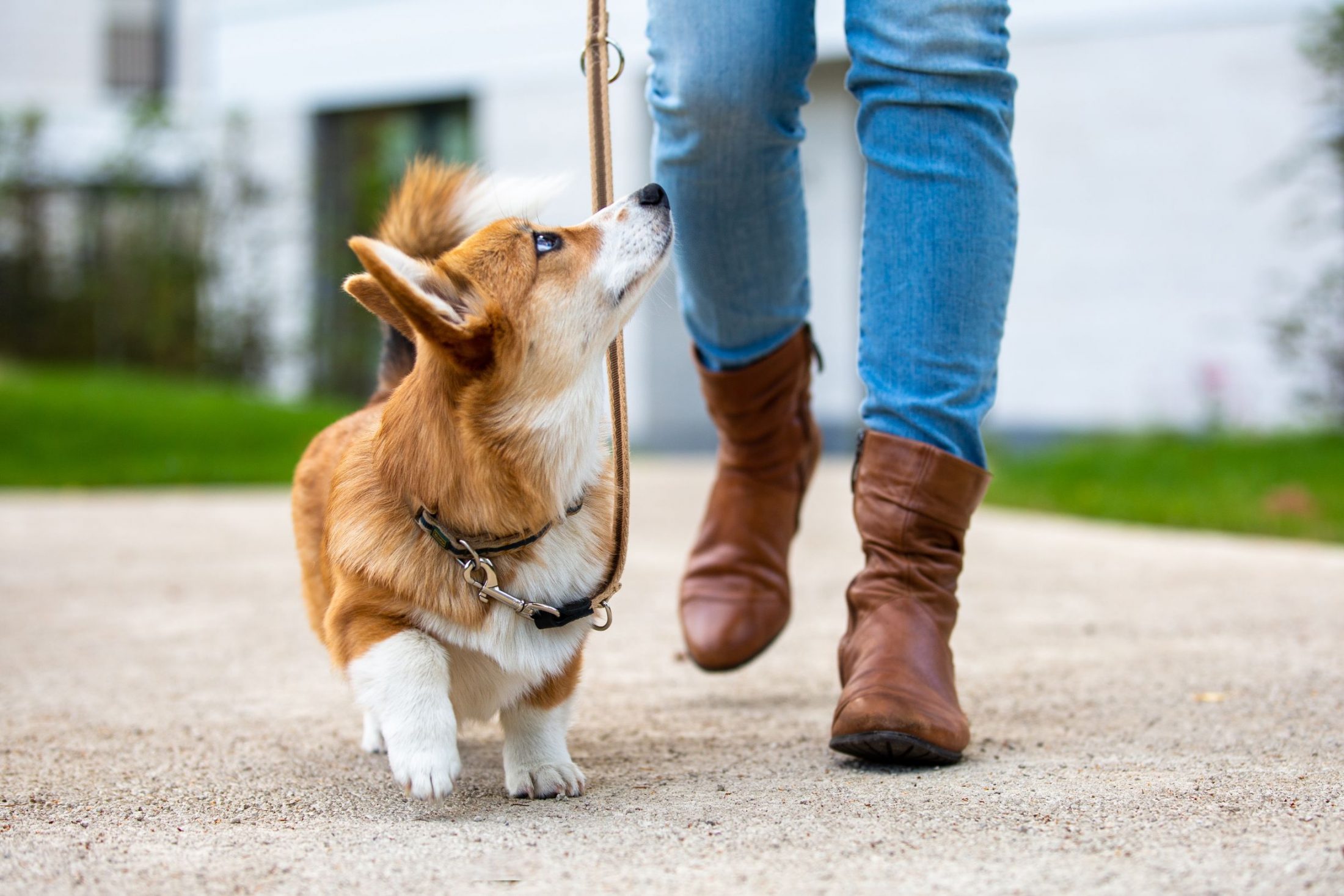
The natural marketplace is booming – and for the most part, this is great for people’s health. But just because something is considered natural for us, it doesn’t mean that it’s safe for pets. Essential oils are just one example of natural products intended to help people with various issues (from stress to the common cold), but their purity is what can make certain oils dangerous to dogs, birds, and cats.
If you have pets and essential oils at home, it’s critical to keep them apart.
Cold Pressed “Goodness”
Essential oils are extracted from plants by a distillation process or cold pressing. These volatile, organic compounds add fragrance and taste to many products ranging from household cleaners, personal care, herbal remedies, insecticides, and more. The toxicity of certain plants is well known and should never be used in a house with animals.
Super Concentrated
Pets and essential oils can be a dangerous combination because of the high concentration of chemicals called phenols and phenolic compounds. Cats are incredibly sensitive to these because they don’t have a specific liver enzyme to break down toxins. Essential oils can make your cat feel sick; please contact us for help.
Risks of Absorption
Essential oils should never be applied directly to a pet’s skin or coat. Depending on the product this can cause serious injury to the nervous system, resulting in tremors, shakiness, or wobbliness when walking.
Also be on the lookout for any signs of respiratory distress, low heart rate, low body temperature, vomiting, and excessive drooling if your pet’s skin absorbs essential oils.
Serious Inhalation Risks
Essential oil diffusers are increasingly common. They really do make the home/office environment smell nice, but because they vaporize droplets of essential oils and water into the air pets are at high risk of inhalation. Droplets may also collect on a pet’s fur if they are close to the diffuser. Either way, if it’s inhaled, absorbed, or ingested after grooming, pets and essential oils are not safe.
Other Signs of Danger
If your pet breathes in high levels of essential oils, they may present the following symptoms:
- Watery eyes or nose
- Drooling
- Vomiting
- Breathing difficulty
It is recommended to take your pet outside to breathe in the fresh air. Turn on fans inside the home and remove the diffuser from the indoor space.
If your pet’s symptoms do not improve, please contact us for help.
Pets and Essential Oils
The following list includes essential oils that we know are considered dangerous to the health and well-being of our companion animals:
- Tea tree
- Cinnamon
- Clove
- Eucalyptus
- Ylang Ylang
- Wintergreen
- Pennyroyal
- Pine
- Peppermint
- Sweet birch
- Citrus
Preventing a pet poisoning is as easy as simply never bringing products inside the home that contain any of the above essential oils. If you do use certain personal care products, household cleaners, or aromatherapies containing these oils, do so only in rooms your pet will never access, and prevent them from ingesting or inhaling them in any way.
Our veterinary team at Summeridge Animal Clinic is always here to help. Please let us know if you have any further questions regarding pets and essential oils.



